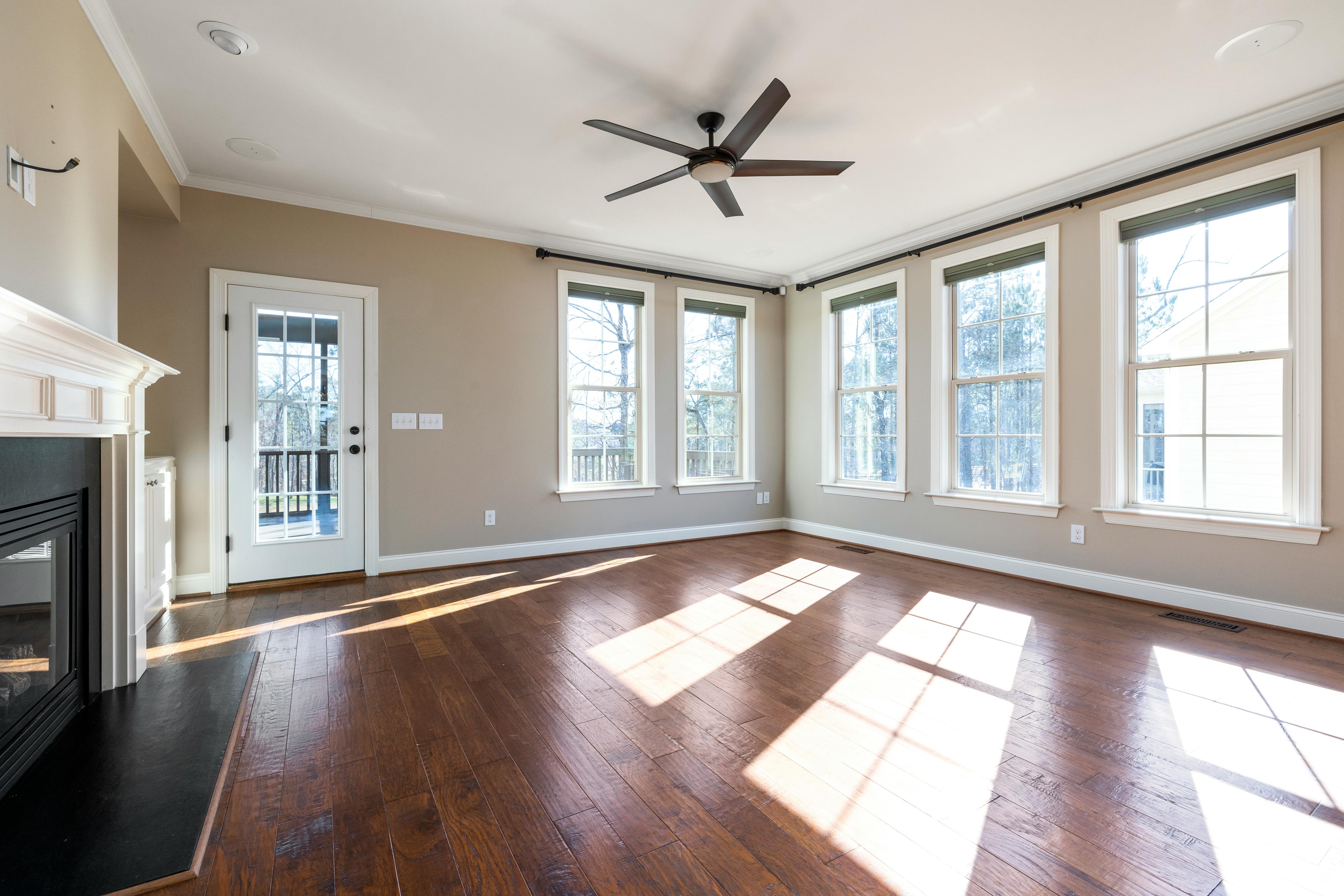Campfire Ingenuity: Tips on Buying, Using, and Safety Precautions
I know you’ve already felt it: a coolness settling into the summer night and the darkening of our faithful blue sky arriving earlier and earlier. With summer coming too fast with a cool fall close on the way, it’s time to light up the fireplace and prepare for increasingly colder temperatures. But don’t start knocking down the hatches just yet! With the increasing popularity of outdoor fire pits, you can stretch out your summer and fall nights in comfort, and enjoy the beauty of nature a little longer and a lot warmer.
Now… how do you know what type of fire pit best suits your needs and lifestyle? Should you use wood or gas? What shape or design should you look for? And more importantly, how can you ensure that your new outdoor roasting fire is maintained and used safely? A fire pit isn’t exactly a fireplace or campfire: it’s a different animal entirely. That’s why we’ve included important tips for differentiating between types, shapes, functions, and costs, as well as crucial safety tips for your fire pit.
· Permanent or Portable?
Before you even start researching outdoor fire pits, you should first check the city or area ordinance to make sure they allow fire pits, what type of fire pits, and what the safety parameters are. Once this is done, your first step is to decide if you could benefit more from a portable fire pit or one that is permanent. Portable fire pits are usually made of light metal (Mexican chimneys are made of clay or cast iron) and have a round design. These come on wheels for easy activity on the go, as well as for use on the patio or in the backyard. With this versatility, you can move your fire pit to the deck, patio, different areas of the backyard, or garage with ease. Another invaluable advantage is that you don’t have to leave the toasty heat at home. Take it to the truck or sport utility vehicle for the annual camping trip or take it on a road trip to a tailgating party. Because laptops are made from lighter materials and require no installation to use, they’re the most cost-effective and hassle-free way to beat the post-summer chill—both on the road and in your backyard.
The permanent fire pit (or specifically designed garden or patio fire pit), also known as a stationary or custom fire pit, is made of stone, brick, rock, or concrete; and for most, they are the most aesthetically pleasing addition to a patio or backyard. Custom built fire pits should be elevated 1-2 feet off the ground and have a mean road diameter of approximately 36 inches for wide use and safety. Like portables, you can choose between wood or gas to heat your desired area, but most products are energy specific, so be sure to double check before you buy. In general, custom-built fire pits are much more expensive, due to the professional installation, attention to design, and strong, durable materials required; but it will last a lifetime (with proper and regular maintenance), and will certainly provide an equity increase in the value of your home.
· Design and Form?
The design and shape of your outdoor fire pit usually depends on whether you opt for portable or stationary outdoor fire pits. Most of the time, laptops will be made of metal or copper, have a large round bowl design, and will sit on a metal stand. The wood will sit in this container, or if you opt for a gas connection, ceramic logs or faux coals, and the removable protective screen will sit on top. As mentioned above, laptops are more about function than design, so your options are somewhat limited. Fireplaces also fall under the portable category, looking like an old-fashioned wood-burning stove, but because they’re smaller and allow much less heat to radiate, they’re less practical. Custom or permanent fire pits, on the other hand, come in a myriad of shapes and designs, due to the fact that you are installing the unit professionally. You can typically find these devices in round, square, or rectangular configurations depending on your choice of material (brick, stone, wood, or concrete), and they come equipped with a built-in steel mesh liner and metal cabinet doors for added enhancement. protection when not in use.
· Firewood or Gas?
Both portable and permanent fire pits will require wood, gas, or both. If the fire pit you have in mind prefers wood exclusively, it is very important to find out what kind of wood. Some fire pits will burn regular logs exclusively (aged wood is always the best choice over new or green wood), so you’ll only buy the same type of wires you would buy for a fireplace. To avoid safety hazards and general maintenance of your fire pit, you should never attempt to burn plywood or fire logs (paper wrapped quick igniters). The reason is; that because the logs are made from sawdust materials, they will burn more than a hand-built fire pit for kindling can handle. However, some fire pits will offer the versatility of burning kindling, plywood, and logs; in its security specifications. Just remember that unlike regular wood, only one log should be burned at a time. Also keep in mind that if a fire pit’s specifications allow hardboard, it will be able to burn somewhat comparable logs. The alternative to a wood fire is a gas connection. Gas will burn cleaner than wood, uses ceramic logs and faux coals, and can give you an almost real look and warmth for your driveway or patio. The only problem with outdoor gas heating is that it requires closer and more constant attention, due to its unlimited supply of flammable energy.
· Costs?
Cost is always an important factor to consider when looking for an outdoor fire pit. Portable fire pit units are the simplest and most cost effective solution for your outdoor heating. Depending on the different features and supplies that the portable comes with, it will typically range from $150 to $500. This is due to the fact that your portable fire pit is built with lighter weight and therefore less durable materials for easier carrying. transport; and it doesn’t require the costly installation of a permanent or custom fire pit. Portables are the perfect investment for people who want a low-maintenance, outdoor fire; but you can’t afford the solid structure of a custom build, or have yet to find a relatively permanent home to properly reap the long-term benefits. Custom or permanent fire pits will require sturdy, all-weather materials such as stone, brick, concrete, or wood; and generally require a space in your backyard that is 15 to 20 feet wide. Due to their lifetime tenure and the variety of backyard landscaping needed, professional installation is labor-intensive and can cost you thousands. However, it all comes down to your particular situation. For most homeowners, lifetime durability and projected use generally outweigh the cost. But if cost is an issue, portables are the quick, easy, and cost-effective solution to your outdoor heating whims.
Safety Hazards and Precautions
We all love a good fire, but it is crucial to remember that it is a fire; And if we don’t take proper safety precautions and adhere to specific fire hazards, your fire pit could get out of control, leading to property damage, illness, and possibly death.









